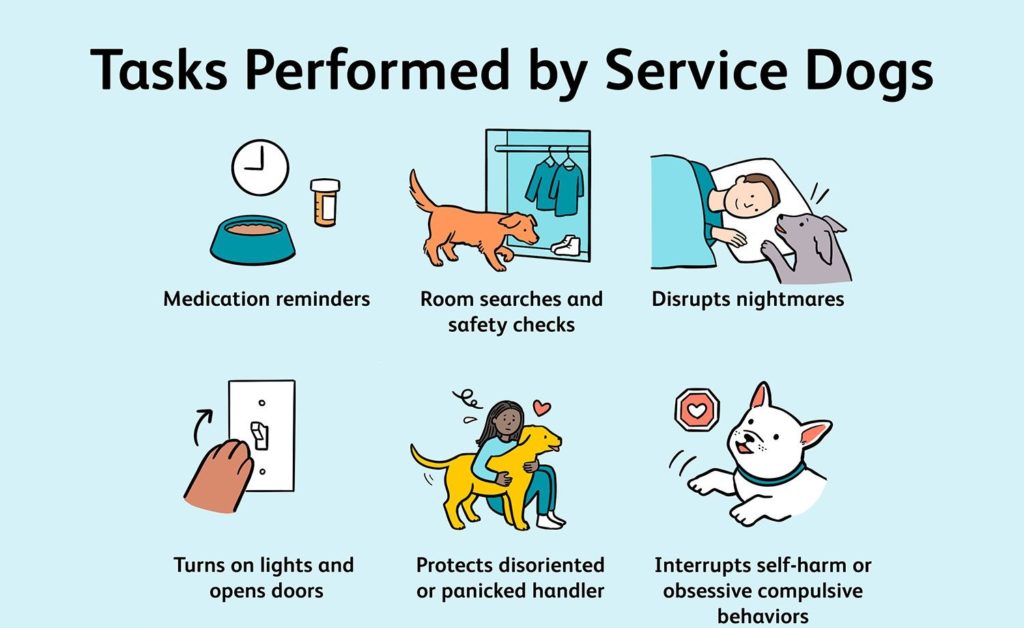Spring Canine Can Be Fun For Everyone
Spring Canine Can Be Fun For Everyone
Blog Article
Indicators on Spring Canine You Should Know
Table of ContentsSpring Canine Fundamentals ExplainedNot known Incorrect Statements About Spring Canine Excitement About Spring CanineThe 8-Minute Rule for Spring CanineThe smart Trick of Spring Canine That Nobody is DiscussingSome Ideas on Spring Canine You Need To Know
In science-based training, in-depth understanding of canines, their nature, behaviour, timeless conditioning, punishers, reinforcers, whatever pertaining to it enters into account. Science-based dog training is constantly being boosted from the outcomes of investigations by pet behaviourists to try to absolutely recognize dogs. Science-based pet training or it can be thought about as modern techniques also.The pet dogs discover by the end results of their behavior, whatever those consequences may be. In this method, all instructors adhere to the legislation of scientific research. The difference between the typical and modern is that the typical fitness instructors are commonly not aware of the regulation of the science that underpins the outcomes they are obtaining.

Something failed. Wait a minute and try once again. Try again.
Some Known Incorrect Statements About Spring Canine
We use cookies on our website to provide you the very best experience by remembering your preferences and repeat check outs. By clicking "Accept", you grant the usage of ALL the cookies. Do not market my personal details.
Most individuals enjoy their fuzzy friends. Not every minute is pleasurable when your pet dog isn't trained to behave in details means or avoid unwanted actions. There are numerous techniques passed on from unidentified resources that inform you the ideal ways to get your dog not to do something. But what is the very best method, and how do you use these strategies? Find out one of the most typical methods for just how to train your canine, along with what methods not to utilize.
The very first is the aversive-based approach. The second is the reward-based method. Aversive-based (technique) training is when you utilize favorable punishment and adverse support techniques with your pet. Reward-based approaches utilize benefits just for the habits that you want your canine to adhere to. Aversive-based training utilizes techniques like loud, undesirable noises, physical adjustments, and severe abuses to obtain your pet to act the way you desire.
7 Simple Techniques For Spring Canine
Treats, tummy scrubs, or other dog-pleasing actions are utilized to strengthen that a habits was great. Various professionals prefer one approach over the other. https://hearthis.at/springcanine/set/spring-canine/. The one that you make use of is completely as much as you. Some people believe that a rewards-based method sets up an "event sequence" for your dog where they connect you with pleased sensations when they do what they're informed.
That concern means that your dog does what they are told to stay clear of undesirable feelings. Canines find out a lot like youngsters. They are close in knowledge to human two-year-olds. Immediate repercussions are all that they appreciate. As they grow, they start to understand our words. Some intelligent breeds will react to as several as 250! Every pet dog reacts to the tone of our voice more than the real words.
Flexible learning is just how well your dog picks up from their environments and the setting around them to fix troubles. Working and obedience are just how well they find out the tasks and commands that you instruct them. To obtain your pet dog to be loyal, you ought to concentrate on training that makes use of obedience strategies and the particular behaviors you want from them.
If you're educating your pet dog to be a caring family pet, you need to take into consideration reward-based obedience training. Pet dogs are wise enough to find out the behaviors that you want them to have - https://allmyfaves.com/springcanine?tab=Spring%20Canine.
How Spring Canine can Save You Time, Stress, and Money.

When your pet performs the habits, they need to get their benefit. When you are making use of reward-based training, your dog needs to comprehend that there are effects for acting in a way you don't like.
For example, a canine that likes to leap up to greet their people when they enter into the residence can be harmful for a kid or an older grownup. To educate them not to raise at you, do not welcome them or provide attention if they raise.
The Spring Canine Statements
Maintain a treat in your hand while you do this. When the pet doesn't leap, give them the treat, and repeat the job till your canine does not raise when you are available in. You need to try this with every one of individuals that your canine gets delighted to see when they enter your home.
When you're educating your canine something new, bear in mind that they have the attention span and knowledge of a two-year-old. Your training sessions need to be short and to the point. Limitation them to 15 mins. Emphasis on one job or behavior to ensure that they do not end up being overwhelmed. Ensure that you're making use of the exact same commands for the behaviors that you desire.
They may not know what to do. The American Kennel Club acknowledges five standard commands that every dog should know - Foster Cat.
Regional family pet organizations can likewise assist you with behavioral problems or with fundamentals. The AKC has more than 5,000 clubs around the nation.
Some Known Factual Statements About Spring Canine

Report this page